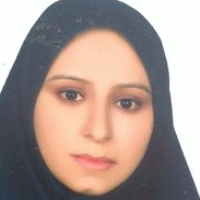Etiology of the (hidden) Functions of Kerman's House of Justice in Solving Village Problems (1963- 1979)
The social system of the village has been based on collectivism since the past. In this type of social life, the elders of the tribe had high prestige and dignity. In each village, a few elderly people who were at the head of a large tribe or clan were known as village elders, and many of the villagers' problems were solved by these people. But after the White Revolution, the government tried to increase its role in rural affairs; Therefore, the ninth principle of the revolution was proposed under the title of the House of Justice, which is considered an important milestone in the history of the judicial system of contemporary Iran, because the government, in creating the House of Justice, while maintaining the traditional structure of villages and solving problems through people approved by the villagers (members House of Justice), tried to put more emphasis on the importance of reforms in the country by establishing a new institution in terms of administrative bureaucracy. Therefore, it is very important to examine their performance and the effect they had on the judicial system of the villages. The upcoming research is trying to use the library and documentary resources of this period, by using the descriptive-analytical method, to examine the functions of the House of Justice institution in solving the problems of the villagers. The results of the research show that although this newly established institution was effective in solving some of the problems, but due to the lack of strict monitoring of the performance of the members by the supervisors, the existence of many problems in the villages, the House of Justice institution is not able to solve the issues in many cases. It did not exist and its main functions (implementing justice) were not implemented.
-
Security and law enforcement consequences of the presence of Russian forces in Qazvin during the first world war
Mohsen Bahramnejad *,
Journal of Police Historical Studies, -
Formation and Function of the Ensaf House Institution of Esfahan (1963-1979 AD)
*, Zekrollah Mohammadi, Hossein Abadian, Yaghoob Khazaei
Research Journal of Iran Local Histories,



